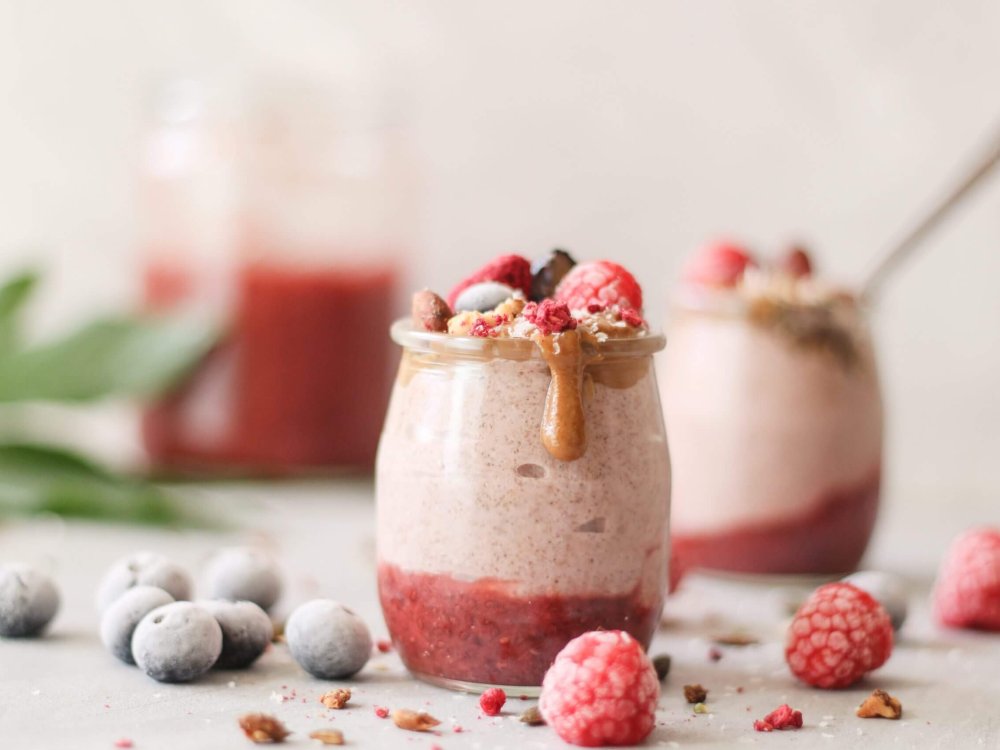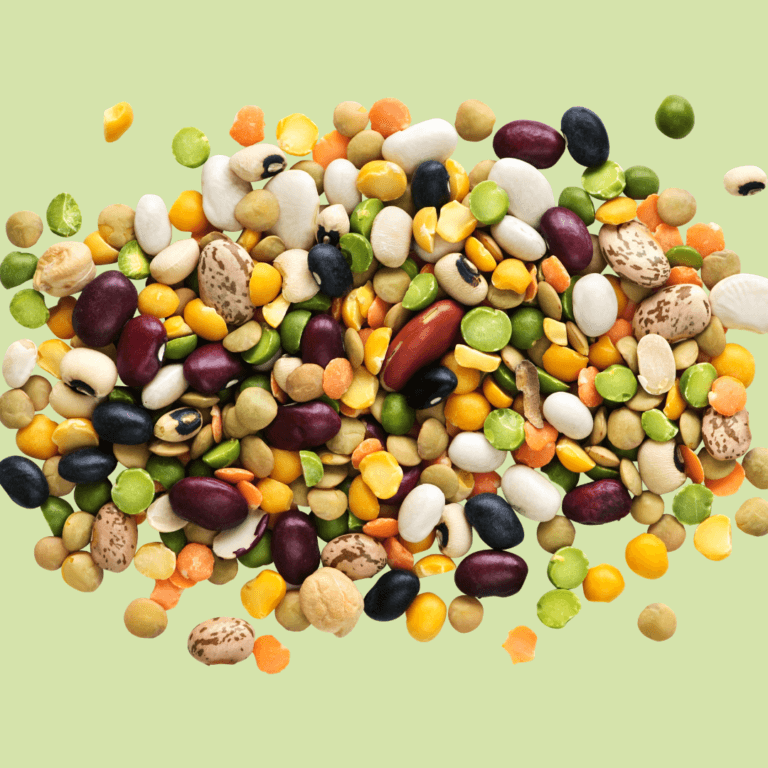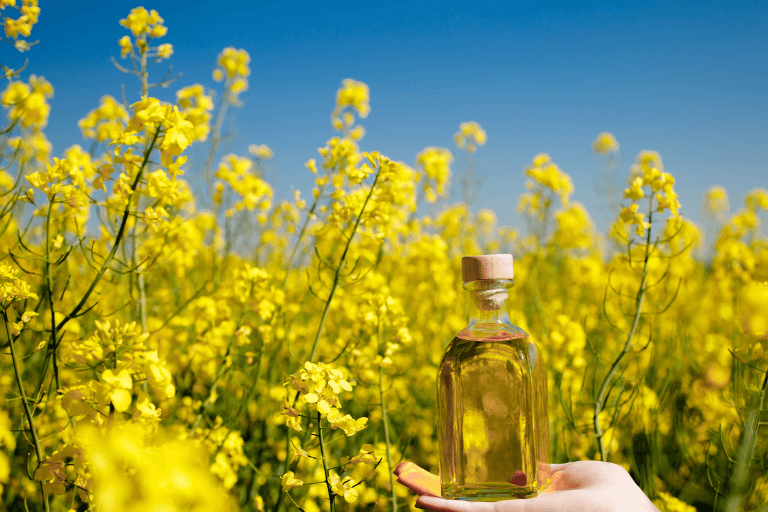What is it?
Kefir is a fermented milk drink that seems to be gaining popularity in the UK due to its high probiotic content and beneficial effect on gut health and digestion. The drink originated from parts of Eastern Europe and Southwest Asia with the name coming from the Turkish word Keyif, which means ‘feeling good’ after eating (Lopitz-Otsoa et al, 2006).
How’s it made?
Kefir is most commonly made with pasteurised whole, semi-skimmed or skimmed cow’s milk, although goats, sheep, buffalo or camel milk may also be used. It’s made by adding kefir grains to the milk and leaving it to ferment, usually for about 18-24 hours. The grains are then removed from the liquid and can be used again, and the kefir drink is stored in the fridge for around 3-12 days.
Now it’s probably worth pointing out that the kefir ‘grains’ are not cereal grains but they are in fact cultures of bacteria and yeast and are white-ish, gel-like irregular shapes of variable size from about 0.3cm to 3.5cm in diameter. The ‘grains’ actually look more like a cauliflower head.
On a larger scale, the ‘Russian method’ or the commercial process using pure cultures can be used. The use of commercial cultures can standardise the production of kefir and the end drink could have a shelf-life of up to 28 days. It’s also worth noting however, that the commercially produced kefir-type drink may not have the same beneficial and probiotic properties present in traditional kefir (Rattray and O’Connel, 2011).
Is it tasty?
The kefir drink tastes a bit sour, similar to a runny yoghurt and a bit fizzy. This is due to the main products of kefir fermentation – lactic acid, ethanol and carbon dioxide (CO2). Taste is personal, so you’ll need to try it for yourself! If you’ve not had kefir before, try a small amount at first as kefir can cause some intestinal cramping and constipation if your gut is not used to so much probiotic activity and diversity.
Is it nutritious?
In terms of the nutritional content, it can vary widely and depends on the type of milk used, the origin and composition of the kefir grains, the time and temperature of fermentation and the storage conditions. A glass of kefir (175ml) provides around:
| Energy | 104 kcal (433kJ)* |
| Fat | 3-6g* |
| Carbohydrate | 7-8g* |
| Protein | about 6g |
| Calcium | 187mg (13% of RDA) |
| Riboflavin (vitamin B2) | 0.3mg (12% of RDA) |
| Vitamin B12 | 0.33mg (7.5% of RDA) |
| Phosphorus | 148mg (12% of RDA) |
| Magnesium | 19mg (2% of RDA) |
Dairy free versions of kefir can also be made with coconut water or other plant liquids, although these will not have the same nutrient profile as dairy-based kefir.
Kefir has a high probiotic activity and contains a wide variety of bioactive compounds, including organic acids, peptides and kefiran (the main polysaccharide in kefir) that all add to its health benefits.
What are the benefits of drinking kefir?
Kefir is packed with probiotics! – more, in terms of both the number and variety than yoghurt and many other fermented foods. We now know that lots of probiotics of a wide diversity is key to a healthy and happy gut. With the increasing awareness and research on gut health, kefir could provide an attractive and beneficial probiotic drink for many consumers.
Scientific studies support the health benefits of kefir such as: improved digestion and tolerance to lactose, anti-bacterial effect, reducing cholesterol levels, improving blood sugar levels, helping to control blood pressure, anti-inflammatory effect, antioxidant activity, anti-cancer activity, anti-allergenic activity and healing effects. However, there is still a need for better understanding of the composition of kefir, more research to understand the physiological benefits and how kefir works in our body, and better quality human trials with adequate sample size and study duration (Rosa et al, 2017).
What kefir-based products are available?
There is increasing interest in the development of functional foods that will benefit health and help prevent diseases, and new kefir products seem to be appearing on the market. One of the largest kefir companies is Lifeway which has products available in the USA, Canada and the UK. Other companies include Yeo Valley Organic, Biotiful, Chuckling Goat and Wallaby Yoghurt with a range of kefir drinks, yoghurts, cheese and ice-cream (Prado et al (2015).





